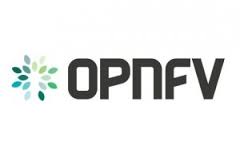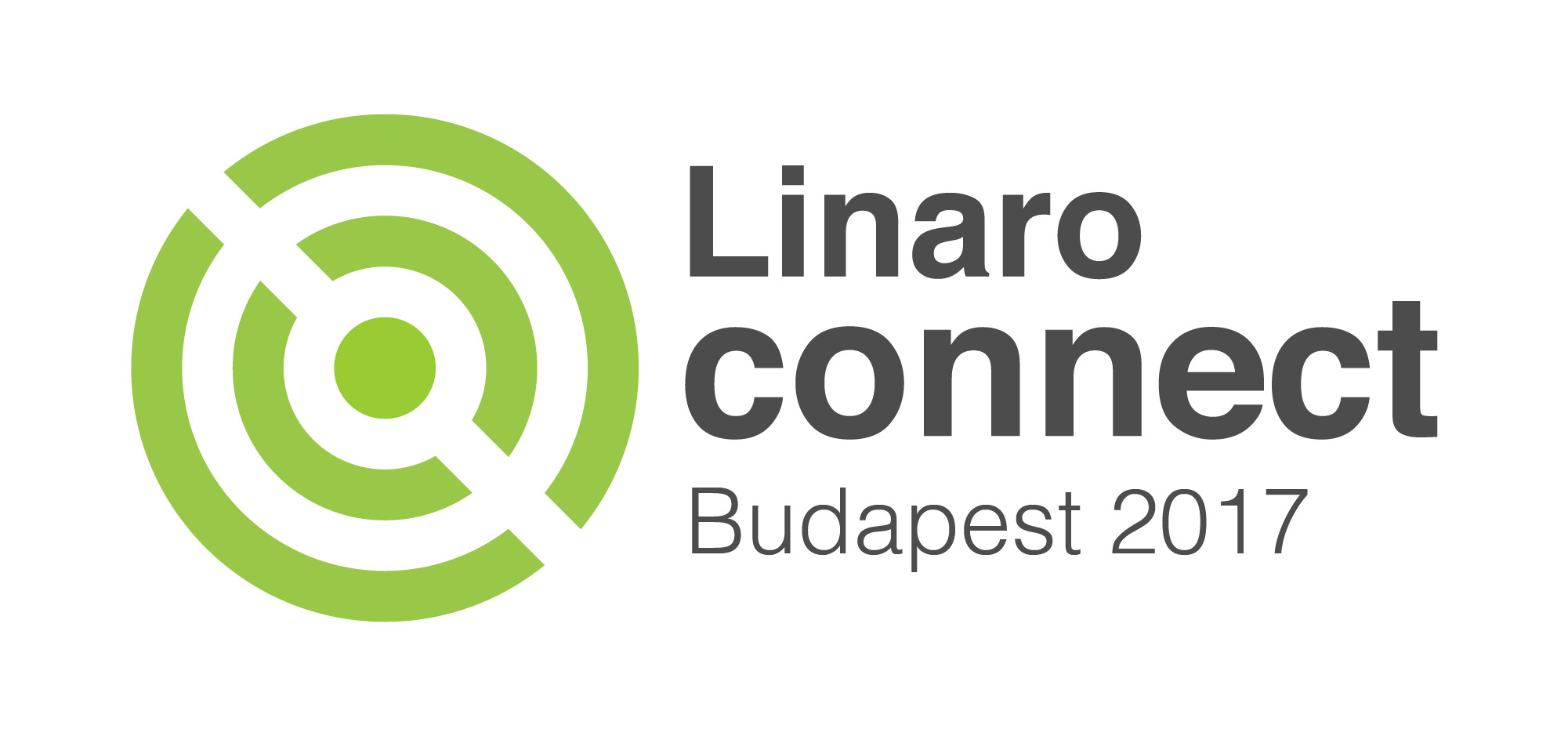Virtual Open Systems Newsletter
In this edition, Virtual Open Systems highlights some of its latest development activities related to memory hotplug for ARM64 systems, its mixed-criticality automotive software stack, OPNFV with VOSYSwitch networking NFV user space virtual switch integrated solutions, as well as the most recent news about the company dissemination and event demonstrations.
- Open source contribution: Memory hotplug for ARM64 systems
- Demonstrator: VOSYSmonitor showcased at Renesas R-Car Consortium
- Leading the innovation: Moving towards VOSYSautmost software stack
- Demonstrator: Virtual Open Systems at the MWC 2017
- NFV-SDN deployment: OPNFV with VOSYSwitch
- Research and development: Innovation & customer dedication
- Open source community: Virtual Open Systems leads the AGL EG-VIRT
- Quality Management System: ISO-9001 company certification
OPNFV with VOSYSwitch, Mixed-Criticality Automotive SW Stack, MWC and BUD2017, AGL EG-VIRT, ISO-9001 Company certification

In the context of the H2020 dReDBox project, Virtual Open Systems has designed, developed and submitted to the Linux community, in cooperation with one of the dReDBox partners, a Request For Comment patch series enabling memory hotplug on ARM64. This functionality represents one step further towards the ARM ecosystem deployment for the server market; it will also be used in the dReDBox project to implement an advanced and automatic memory provisioning system for KVM virtual machines.

Virtual Open Systems has showcased at the last winter 2016 Renesas R-Car consortium, its VOSYSmonitor technology executing on the Renesas R-Car H3, as an innovating solution for Electronic Control Units (ECUs) consolidation, in particular the co-execution of a Real-Time Operating System (RTOS) and a virtualization enabled General Purpose Operating System (GPOS). A linux GPOS was KVM virtualized to execute several Virtual Machines (VMs). The isolation of the RTOS could be ensured by the ARM TrustZone extension and VOSYSmonitor. In addition, thanks to VOSYSmonitor, in case of a failure at the GPOS side, the RTOS execution can be kept alive and the GPOS safely rebooted. As a member of R-Car Consortium, Virtual Open Systems continues to extend its VOSYSmonitor functionalities to both Renesas R-Car H3 and M3 platforms.

Virtual Open Systems is pursuing its development of an Automotive full fledged software stack, called VOSYSautmost, which offers a software infrastructure to unify safety critical cockpit systems along with In-Vehicle Infotainment (IVI) systems in a common hardware platform. The solution is based on VOSYSmonitor, an ISO-26262 ASIL-C certifiable ARM TrustZone monitor implementation which guarantees safety, security and latency predictability for a concurrent execution of a Real-Time Operating System (RTOS) and a rich virtualized OS. In this context, Virtual Open Systems is integrating and extending an open source RTOS (FreeRTOS) to propose a complete solution with advanced features (e.g., 3D graphic support, GPU virtualization, Qt support, etc.) that allows to quickly deploy digital dashboard applications and IVI systems on top of VOSYSmonitor.

With its VOSYSwitch, Virtual Open Systems provides a carrier grade accelerated switching solution for both ARMv8 and Intel Network Function Virtualization (NFV) environments. Recently, VOSYSwitch has been showcased at the Barcelona Mobile World Congress MWC-2017, in the context of an H2020 5G-PPP SESAME project demonstration, showcased jointly with ITALTEL. A virtual Transcoding Unit (vTU), performing High Definition video uploads to a storage service provider, has been executed on an ARMv8 platform, proving both feasibility and performance of ARMv8 servers, at the NFV network edge. The demonstration results have been communicated through a worldwide press release distribution; attendees at the Mobile World Congress were impressed by the good performance/watt ratio.


Virtual Open Systems is glad to announce the availability of its OPNFV Colorado 3.0 with VOSYSwitch user guide. It demonstrates the functional compatibility and the performance of its flexible data plane VOSYSwitch within an OpenStack deployment. The overall installation is based on the OPNFV project, where the data plane is packaged as a Fuel plugin. A seamless integration with the Neutron networking is ensured by the ML2 agent running on the associated compute nodes. The guide presents also a set of realistic use-case benchmarks against popular opensource solutions, where VOSYSwitch outstands in term of performances. As a next step, as it has been presented at the Linaro Connect conference (BUD2017), an integrated solution based on a full-ARMv8 architecture is being proposed executing on ARMv8 servers, with VOSYSwitch on OPNFV/Armband, extending the Neutron enabled features and integration with SDN frameworks.

Virtual Open Systems commitment to research and development virtualization software activities is stronger than ever, constantly pushing the state of the art limits in virtualization components. Such exposure is witnessed by several European projects the company is involved in, allowing Virtual Open Systems’ engineers to extend virtualization use cases in more domains (e.g., networking, automotive, healthcare, CPSs, HPC, etc.) and cutting-edge technologies. Virtual Open Systems is therefore very active in exploiting its technological assets through custom development consulting services and products in userspace-specific networking solutions, mixed-critical systems, accelerators heterogeneous virtualization, disaggregated memory systems, RDMA virtualization, etc.

In the first quarter 2017 the Automotive Grade Linux Virtualization Expert Group (AGL EG-VIRT) has been kicked off by Virtual Open Systems. The company contributes with its experience in ARMv8 and AGL, accelerators and mixed criticality systems virtualization. The purpose of EG-VIRT is to to bring open source virtualization in AGL, by targeting the development of a community proof of concept to be showcased in AGL events. The challenges to be addressed by the EG-VIRT community include AGL virtualization infrastructure design, open source RTOS certification, GPU and critical devices virtualization (e.g., CAN), etc. The participation to the EG-VIRT group is open to anybody interested in discussing open source virtualization in automotive.

Virtual Open Systems is fully committed to provide products and services which not only meet but exceed customer expectation by continuously extending and meeting quality excellence targets. Under this vision, Virtual Open Systems has developed and put in place a quality management system according to the stringent requirements of the ISO-9001, in order to serve customers in line with high quality standards. The quality management system of Virtual Open Systems has been audited by TÜV Rheinland France SAS, which has given approval for ISO-9001 certification.
- Newsletter 2013 09
- Newsletter 2014 03
- Newsletter 2014 09
- Newsletter 2015 03
- Newsletter 2016 03
- Newsletter 2015 09
- Newsletter 2017 09
- Newsletter 2016 09
- Newsletter 2020 09
- Newsletter 2018 03
- Newsletter 2018 09
- Newsletter 2019 03
- Newsletter 2019 09
- Newsletter 2020 03
- Newsletter 2020 09 jp 日本語
- Newsletter 2022 09
- Newsletter 2021 03
- Newsletter 2023 12
- Newsletter 2021 03 jp 日本語
- Newsletter 2021 09
- Newsletter 2021 09 jp 日本語
- Newsletter 2022 03
- Newsletter 2024 06
- Newsletter 2022 09 jp 日本語

 VOSySofficial
VOSySofficial




